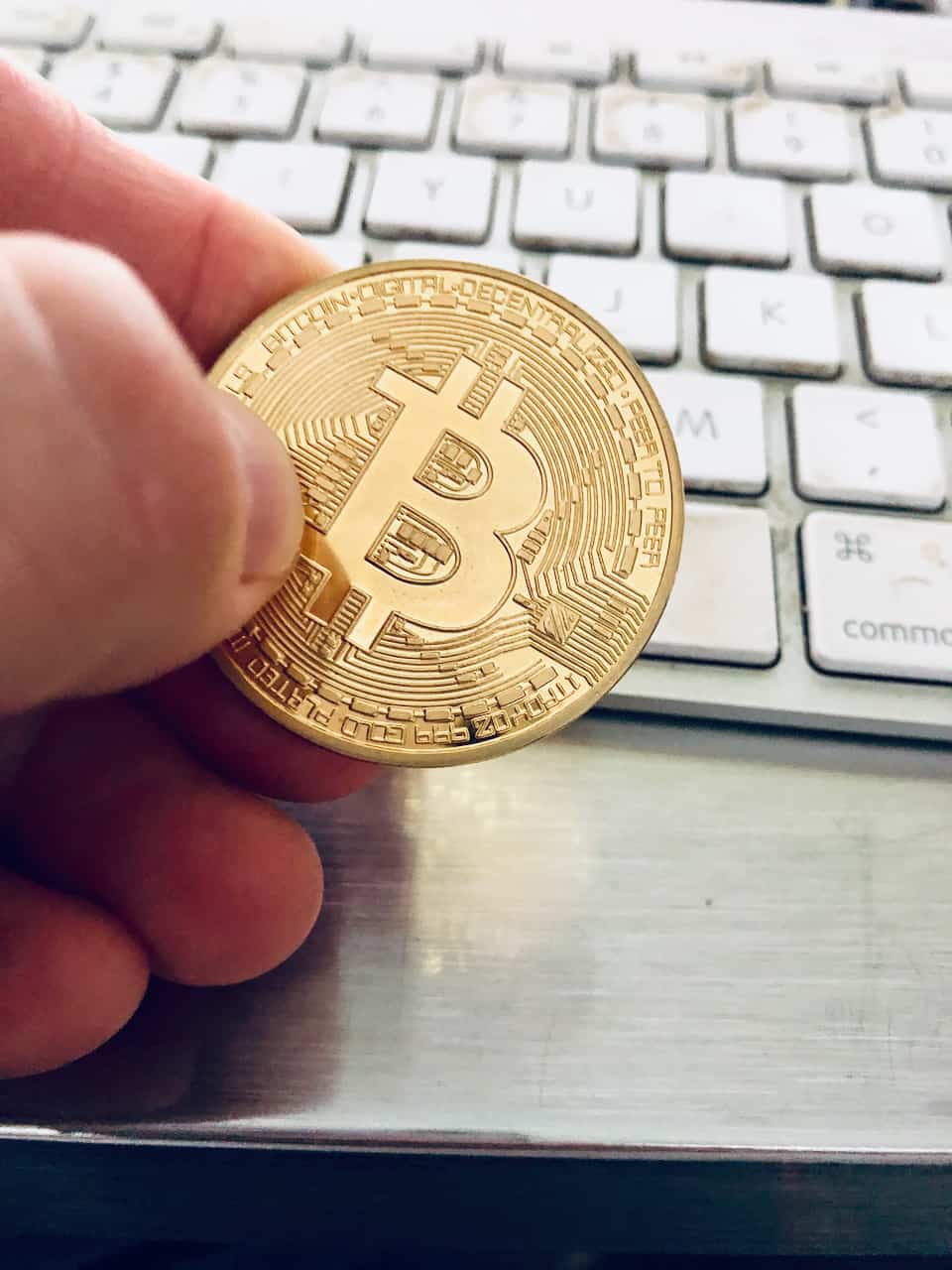 BTCPay Server, a self-hosted, open-source digital currency payment processor that claims to be secure, private, “censorship-resistant” and free to use, recently expanded its ability to bring Bitcoin’s (BTC) values to global digital commerce with a Shopify integration
BTCPay Server, a self-hosted, open-source digital currency payment processor that claims to be secure, private, “censorship-resistant” and free to use, recently expanded its ability to bring Bitcoin’s (BTC) values to global digital commerce with a Shopify integration
The BTCPay Server team, which is one of OKCoin’s Open-Source Developer Grant recipients, is developing a free Bitcoin payment processor. They’ve implemented an integration with Shopify, an established e-commerce platform. This is notably the most recent step in the organization’s effort to create the foundations of a Bitcoin-powered digital commerce infrastructure.
BTCPay Server is described as a “self-sovereign” payment processor. As explained by OKCoin, the BTCPay Server is free because anyone may use it without having to pay high processing charges, and it’s considered open-source because the server’s code has been shared on GitHub repositories and may be audited by any third-party.
The cryptocurrency payment processor is self-sovereign because there’s no intermediary between the sender and the recipient of transactions. The BTCPay Server may be self-hosted or hosted by an independent third-party.
OKCoin writes in a blog post:
“Just like Bitcoin could be the future of currency, BTCPay Server could be the future of payment processing. Before Nicolas Dorier started BTCPay Server, there already existed Bitcoin payment processors, such as BitPay. These other solutions are closed source and come with processing fees, which makes for an easier business model. So, why would one launch a competing solution that cannot make profit and distributes its work freely? And, why would its founder see it as a way to make the closed source competitors ‘obsolete’?”
According to OKCoin, the short answer is that BTC Pay Server’s “decentralized” nature makes “the fundamental flaws of centralized payment processing a thing of the past.” The crypto exchange adds that it does so by “allowing payment recipients such as online merchants to use a full node, a computer program that relays and validates (or rejects) Bitcoin transactions and blocks.” This “decentralized” way of processing has several advantages when compared to other options.
An important feature of using a full-node (which has a record of all BTC transactions that have ever taken place) is that it lets merchants transact without having to worry about any meddling by third-parties. This is the “censorship-resistance” characteristic that’s notably a key part of Bitcoin’s main value proposition, OKCoin explains.
They also mentioned that this is, for example, the main reason Wikileaks turned to Bitcoin payments when Paypal and Visa had blocked their donations. This is also why the Human Rights Foundation (HRF) has been using BTCPay Server to accept donations. In some nations, the residents are not permitted to fund the Foundation through traditional methods.
As noted by OKCoin:
“All centralized payment processing alternatives are subject to being targeted by political or legal pressures. This is not to say that centralized options are happy to censor — only that, having the technical option to do so, they might be forced to use it.”
The average vendor is probably not going to get censored but they do need to ensure that payments they’re getting are from a legitimate source. This is somewhat similar to how the majority of merchants would like to be able to verify the authenticity of the paper currency notes they may receive.
By working with a “trusted” third-party which handles the payment processing, however, merchants are required to “trust them not to be compromised,” OKCoin notes. But with BTCPay Server, “trusted” intermediaries are not needed. That’s because merchants can, “by using a full node, check directly if the coins received as payment are counterfeit,” the exchange explained. This brings digital commerce “closer to Bitcoin’s famous motto: ‘Don’t trust, verify.’”
OKCoin further notes:
”Another important reason for a merchant to use a full [Bitcoin] node is that full nodes are directly connected to Bitcoin’s peer-to-peer network. Peer-to-peer networks are much more reliable than centralized networks. If the Bitcoin peer-to-peer network was to go down it would imply that Bitcoin itself has stopped working. A centralized third party however is much more fragile and liable to downtime. Using a full node is therefore a net gain in payment reliability for merchants.”
(Note: to learn more about BTCPay Server and the Shopify integration option, check here.)

